1 John: Chapter-by-Chapter Commentary

*CONTENTS*
00:00:00 - 1 John 1.1—2.6: Walking in the Light
00:11:39 - 1 John 2.7-29: Do Not Love the World
00:24:17 - 1 John 3.1-10: We Are God's Children
00:34:48 - 1 John 3.11—4.6: Knowing that We are of the Truth
00:49:35 - 1 John 4.7-21: God is Love
00:57:26 - 1 John 5: Overcoming the World
If you have enjoyed my videos and podcasts, please tell your friends. If you are interested in supporting my videos and podcasts and my research more generally, please consider supporting my work on Patreon (https://www.patreon.com/zugzwanged), using my PayPal account (https://bit.ly/2RLaUcB), or by buying books for my research on Amazon (https://www.amazon.co.uk/hz/wishlist/ls/36WVSWCK4X33O?ref_=wl_share).
The audio of all of my videos is available on my Soundcloud account: https://soundcloud.com/alastairadversaria. You can also listen to the audio of these episodes on iTunes: https://itunes.apple.com/gb/podcast/alastairs-adversaria/id1416351035?mt=2.
More From Alastair Roberts
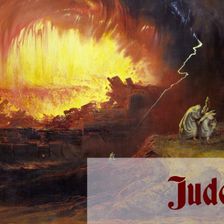
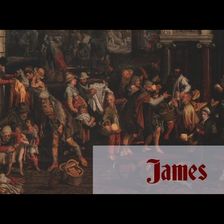
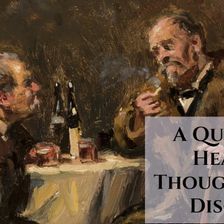
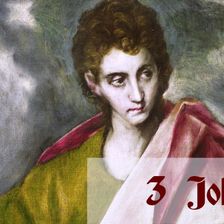
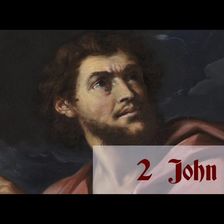
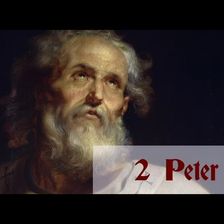
More on OpenTheo















